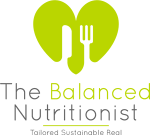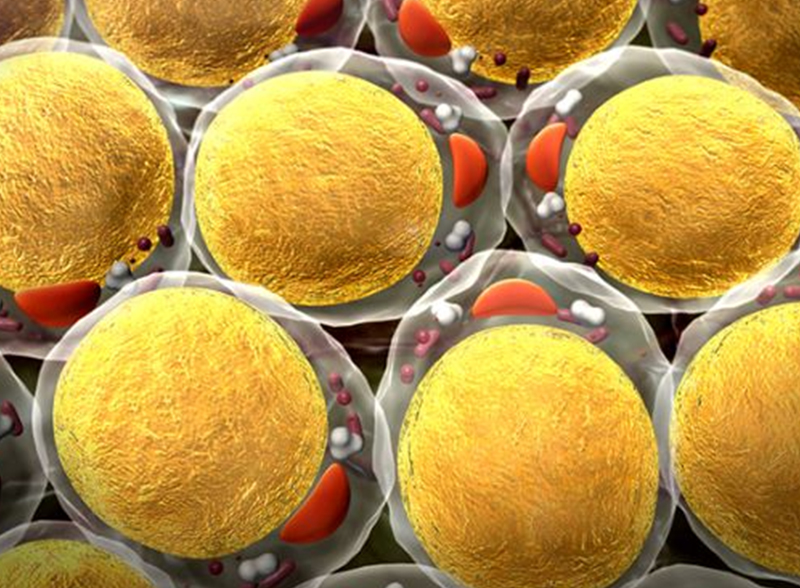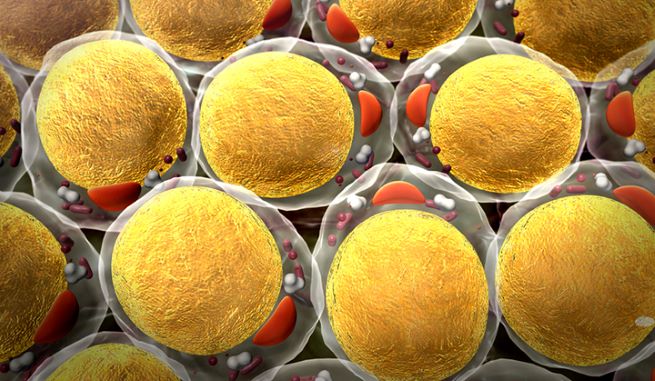You literally can not walk out your front door these days without the latest pill, potion, supplement, spray, exercise tool, exercise program, drug or surgery being pushed your way for ‘health’ or weight loss. But despite this, weight-related chronic health problems continue to climb, as do the statistics for obesity in Australia.
I’m starting to feel rather lonely over here in my own corner, because I’m not pushing the next miracle solution… instead, I still believe that the real answer to weight loss and overall health is food! Well specifically, nutrition.
With all of the products and programs now being marketed for weight loss and health, I’m genuinely scared that we are going to forget ‘food’ is the main part of the picture here.
When I see people who have digestive complaints, it may have taken decades for them to end up in my office. Sometimes they haven’t even considered that the food they put into their mouth is connected to the digestive symptoms that they are experiencing. Can we pause and consider the irony in this?
I’m not at all saying it’s their fault or they’re silly for not realising this… there’s a lot of noise out there that stops us from seeing the obvious. We are sadly becoming such a ‘band-aid’ society that having to pause and think that what we put into our mouth multiple times a day (which literally becomes part of us) is becoming somewhat of a low priority.
It’s honestly my hope that we don’t get this way with weight loss and health. That we don’t bury the importance of ‘the right food’ underneath all the other quick-fix options that are out there.
Let’s take weight loss surgery as an example. There is currently a lot of Government money going into this option as a solution for obesity. But as a stand-alone treatment, it’s not going to work. People still need to learn how to prepare healthy meals and choose the right foods for them and their families beyond surgical intervention. Otherwise:
- Metabolic health will continue to worsen after surgery, so even though calories in may be restricted, rebound weight gain may result or weight loss may simply stall before a healthy range is reached
- Nutrient deficiencies will prevail. Fact: Nutrient deficiencies can lead to depression, anxiety, fatigue, osteoporosis and other chronic diseases. Drugs may resolve symptoms associated with these things, but they aren’t a solution. Aren’t we trying to solve the obesity crisis to further prevent chronic disease?
- Digestion and absorption problems will either continue to prevail or become a major issue. Again, only eating the right foods and eating consciously will help to combat this.
That’s just three reasons, and I could go on about some of the other health ‘solutions’ and how we still have to bring the ‘food conversation’ into those as well. Like the fact that people are still being prescribed Duramine. This drug is also supposed to be co-prescribed with a nutritional and lifestyle program alongside it, as per all of the drug information that accompanies it, it in itself is not the solution.
Please don’t think I’m naive about the fact that changing your diet is really hard! Eating well and living a healthy lifestyle is not like flicking a switch. And it’s not like ‘healthy people’ make good choices every day. We ALL have up and down days… up and downtimes. But the important thing is that we all need to use as many tools as required in order to make good food and positive lifestyle choice as often as we can.
This is the only, true, long-term solution to living a happy, healthy life. And it’s common sense. I don’t know about you, but I’m NOT okay with surgery and injections being the new normal and what we eat continuing to be based on unconscious decisions with no thought for their consequences.
Note: Please read this article carefully and note that I’m not disagreeing that surgical or drug interventions may be a viable option for some people. However, it’s important that these options are accompanied by support and education around adopting an appropriate nutrition and lifestyle plan to support the intervention and to minimise long term side effects. It’s only then that the intervention becomes a true solution as opposed to a short-term fix.
If you have tried every diet under the sun to attain health and find a healthy weight, with no avail, Metabolic Balance® – our signature weight management program – is for you. Read more about Metabolic Balance® here.



 Blubber, a spare tyre, love handles, chub… we give it funny names and we don’t like too much of it hanging around but, beyond that, most people don’t know a lot about fat cells.
Blubber, a spare tyre, love handles, chub… we give it funny names and we don’t like too much of it hanging around but, beyond that, most people don’t know a lot about fat cells.